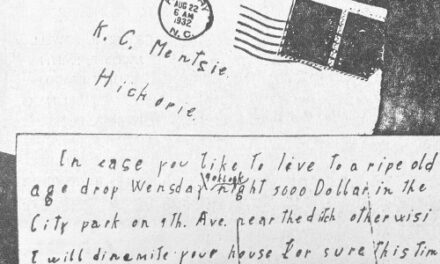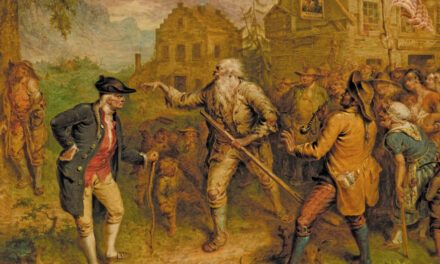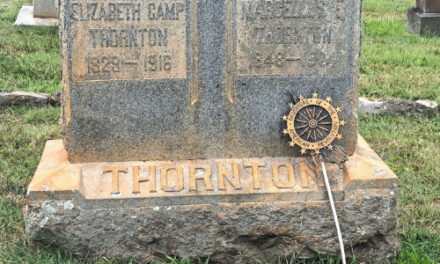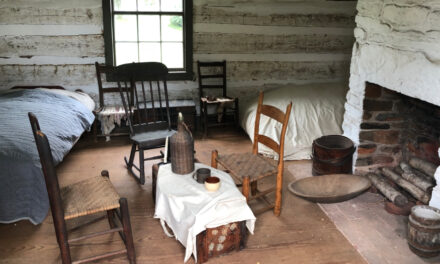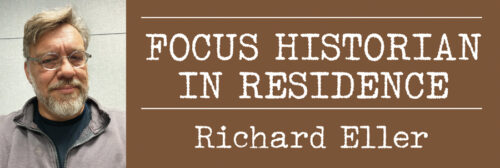
There is no other holiday that celebrates the correction of a tragic American mistake. Over the last few years, commemorating the end of the Civil War with a period of reflection about the end of slavery in the United States marks perhaps the biggest single event where the direction of the nation changed. The Fourth of July might be considered a similar occurrence and had far reaching impact but remember, during the American Revolution, fully a third of the population thought a Declaration of Independence was a foolish step away from the protection of Britain. Juneteenth marks a real turn of the United States as more truly united.
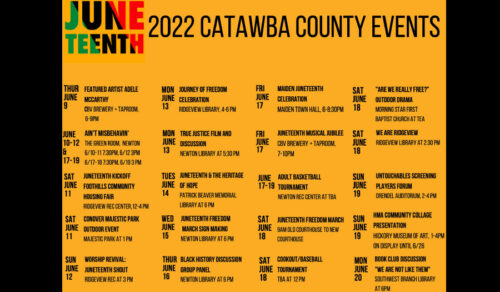 Granted, it was not the end of the struggle for equality. That effort continues and acknowledging the end of legal slavery is an important step. It started in Texas, the westernmost of the seceded Confederate states. Federal troops arrived in Galveston to informed enslaved persons that they were no longer the property of someone else. They were free. What that meant to them and to us requires some consideration. How could it have happened in the first place? Why did it take the nation’s bloodiest war (by far) to overturn? How have we lived up to the idea that all people are created equal? This newest of federal holidays give each of us a chance to understand and perhaps answer those questions for ourselves.
Granted, it was not the end of the struggle for equality. That effort continues and acknowledging the end of legal slavery is an important step. It started in Texas, the westernmost of the seceded Confederate states. Federal troops arrived in Galveston to informed enslaved persons that they were no longer the property of someone else. They were free. What that meant to them and to us requires some consideration. How could it have happened in the first place? Why did it take the nation’s bloodiest war (by far) to overturn? How have we lived up to the idea that all people are created equal? This newest of federal holidays give each of us a chance to understand and perhaps answer those questions for ourselves.
Closer to home, the growth of participation has been encouraging. Candi Dula, with Catawba County Library System reached out to see who would be interested in joining a collaborative effort. What she received was astounding. “The way I describe the approach we took to building this Juneteenth collaborative is we set a table and invited any organization, municipality or business to bring a dish to add to the menu,” she said about the early stages of planning. “The response from the community has been overwhelming!”
The Juneteenth committee saw buy-in from “all surrounding municipalities” as well as the County, both library systems, Catawba Valley Community College, the Hickory Museum of Art, the United Arts Council, Public Health, Habitat For Humanity, The Greater Ministerial Alliance, The Equal Justice Initiative, The Green Room, Salt Block Foundation and CBV Brewery. As Candi describes engagement by noting that “each organization took ownership of their own event. Being a part of the collaborative allowed for us to coordinate all events in a way that gives the community an opportunity to attend any event they want to without worry that they’ll miss out on something.” She calls the outpouring of support as “history making.”
Twenty events mark what Candi rightly describes as “our country’s second independence day.” It gives us the opportunity to join in with “a variety of celebrations, performances, parades, guest speakers, faith based revival, resource fairs, informative programing, and family gatherings,” she has coordinated. Quite a groundswell of activities for a holiday just getting started. Each one will set its own tone as part of a kaleidoscope of activities, giving everyone a chance to attend at least one event, hopefully more. One last point was the corporate support. Candi and the committee were “pleased that Corning found value in what we’re doing for the community and will donate funds for print media and a videographer!” Soon there will be a documented account, preserved for history.
In his Gettysburg Address, Abraham Lincoln suggested the outcome of the war would bring “a new birth of freedom.” It has been a complicated path to get where we are today. Celebrating and contemplating on Juneteenth, its meaning and its place in 21st century America has great value for all of us as we live out the ideal of our principles.


